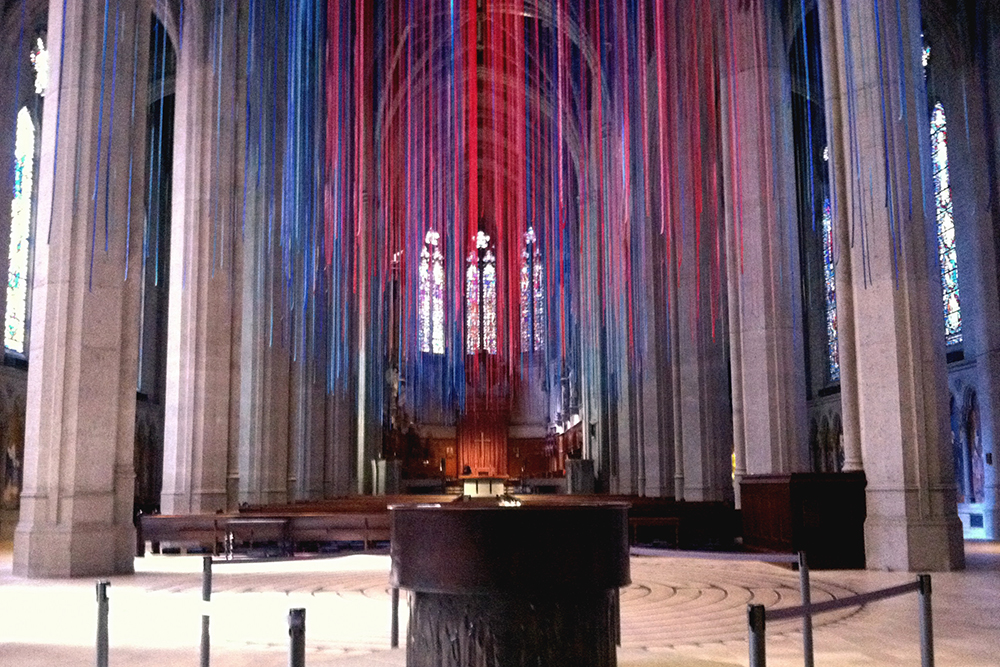“I can do this.”
That phrase has been a common refrain for me throughout my experience at The Seattle School. Some days the words have entered my mind or left my lips with confidence, believing that I am, in fact, able to pastor and care well for people. Other days, those words come out with a deep breath, a way to summon up the courage to step into the work that somewhere, deep inside myself, I feel drawn to.
I have a profound hatred and an even more profound love for the Church. There are few things in life that feel more like home to me, but the Church has been a constant source of frustration for me as well. I did my undergrad work in youth ministries, and spent several years looking for jobs before becoming burned out from a growing sense of doubt that I am actually capable of doing the work of pastoring a community.
Still, something kept pulling me back to the Church.
In late 2009 I began to look at MDiv programs. A list that began as a half dozen schools had whittled itself down to The Seattle School and a prominent school close to where we lived in Massachusetts. The decision was this: change nothing other than going down to part time work while I go to school, or change everything in my life.
With a deep breath and the words, “I can do this,” I headed west.
My time at The Seattle School has been marked by this phrase: “I can do this.” The past four years have been a struggle between massive self-doubt and surprising success. I came to The Seattle School thinking this would give me a next step career-wise—some training and credentials to make me more credible to churches. I felt like if I knew more and had some letters after my name, someone would believe I can do it. (Maybe I would believe it, then, too.)
What I found was that none of that matters.
Those ideas were wrapped up in my own inability to call myself a pastor, and in the disbelief that my gifts and strengths weren’t enough for the Church. But over my time at The Seattle School, I’ve been surrounded by good people and professors who have encouraged and embraced those gifts and strengths. I’ve been surrounded by people who have stood with me when I took that deep breath, even to the point of saying the words for me. I learned that I am welcome, and that I’m okay as I am.
I’d like to say that I’ve shifted in the way I say, “I can do this,” saying it more confidently and less doubtfully as I’ve gone through the program. The truth is, even on the last day of class I’ll probably still walk out the door, take a deep breath, say, “I can do this,” and head to school. I’ll do the same when I step in front of my congregation on Sunday. But my time at The Seattle School has helped me understand those deep breaths not as something to be ashamed of, but as something I bring to the Church that is needed and good and holy.
I’m a better, more honest, more true pastor—and a better, more honest, more true person—from the last four years spent in this place.

